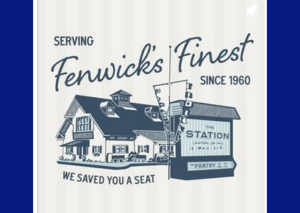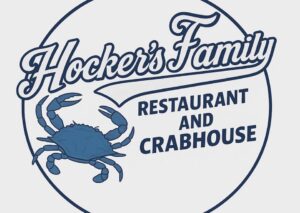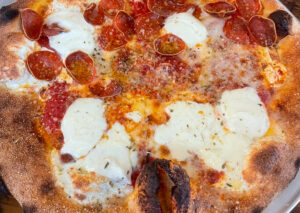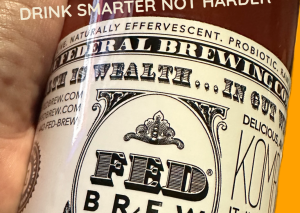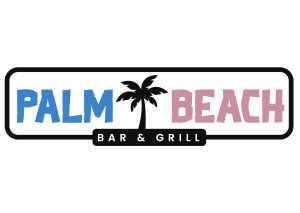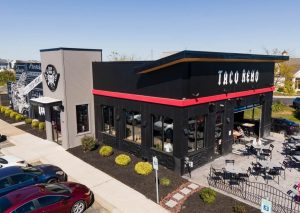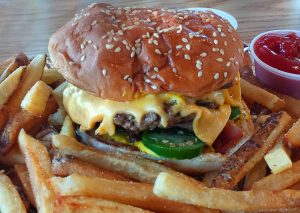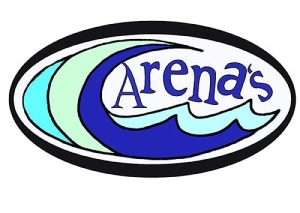Of course it's better to limit your fat and carb intake. It's a proven medical fact that these things promote health. But when it comes to gluten (other than for those with celiac disease — approx 1 in every three million people), you have fallen for a marketing trick. And people who actually pay attention are starting to wake up to this fact as scientists discover that it's all just hype.
In spite of what you are being told by those who profit from it, gluten-free foods will not help you lose weight and are not any healthier than other foods — again, unless you happen to suffer from celiac disease. In that case you must avoid gluten at all costs. But there are also unfortunate souls out there who are allergic to mushrooms or celery, but that doesn't make mushrooms or celery unhealthy — unless you happen to be an advertising agency trying to make your clients' celery- or mushroom-free food appear to be better than somebody else's. And therein lies the scam!
Another example: Some restaurants have jumped on this bandwagon by touting their french fries as “peanut oil-free.” That is certainly a good thing for people who have peanut allergies, but it's not the peanut oil that's the problem, it's the allergy. Everybody knows that fries taste and look better when they're cooked in peanut oil. People with peanut allergies should of course avoid the fries at these places, but peanut oil doesn't make the fries any more unhealthy than if they were cooked in any other kind of oil. Other than minor differences in the amount of saturated lipids, oil that is liquid at room temperature is just oil. Don't buy the hype.
There are even restaurants who tout their, say, pizza dough, as being “fat free,” and their tomato sauce as being “rich in lycopene.” Oooo, now doesn't THAT sound scientific! But there's the hype again: They're simply trying to fool the misinformed into thinking that their, say, pizza, is healthier than the other guy's. The truth is that ALL pizza dough is virtually fat-free. And ALL sauces that contain tomatoes are rich in lycopene. Not just theirs. It's all just marketing hype targeting the gullible. Don't buy it.
I had lunch the other day with a young woman who was complaining that her gluten-free cookies tasted like cardboard. I asked her if she suffered from celiac disease. She said, “no,” but that she wanted to be healthy. She had fallen for the hype, as her cookies crumbled into a pile of dust on the table. Some people will believe anything.
Many of the problems in this country today stem from people blindly accepting pretty much anything they are told. Don't do that. If you are allergic to peanuts, you must certainly avoid peanuts. If you suffer from celiac disease, then yes, gluten is off-limits. But if you don't, don't be fooled into thinking that gluten- or peanut-free products, or pizza with “fat-free” dough or sauces filled with lycopene are unusual or automatically more healthy. They're not.
In the immortal words of the late comedian and contemporary philosopher George Carlin, “It's bull**it, ladies and gentlemen, and it's bad for ya'.”
Recent studies (NOT conducted by companies that manufacture gluten-free products) have repeatedly shown that the original information about gluten was incorrect, and that the only people who should avoid it are those who suffer from celiacs.
In my humble opinion, we need to spend more time monitoring our fats, cholesterol, sugars and sodium (PROVEN dietary concerns) and less time creating fake “sensitivities” that draw attention away from (and diminish the credibility of) people who do, in fact, suffer from celiacs disease. Thank you. Now pass the bread, please.







